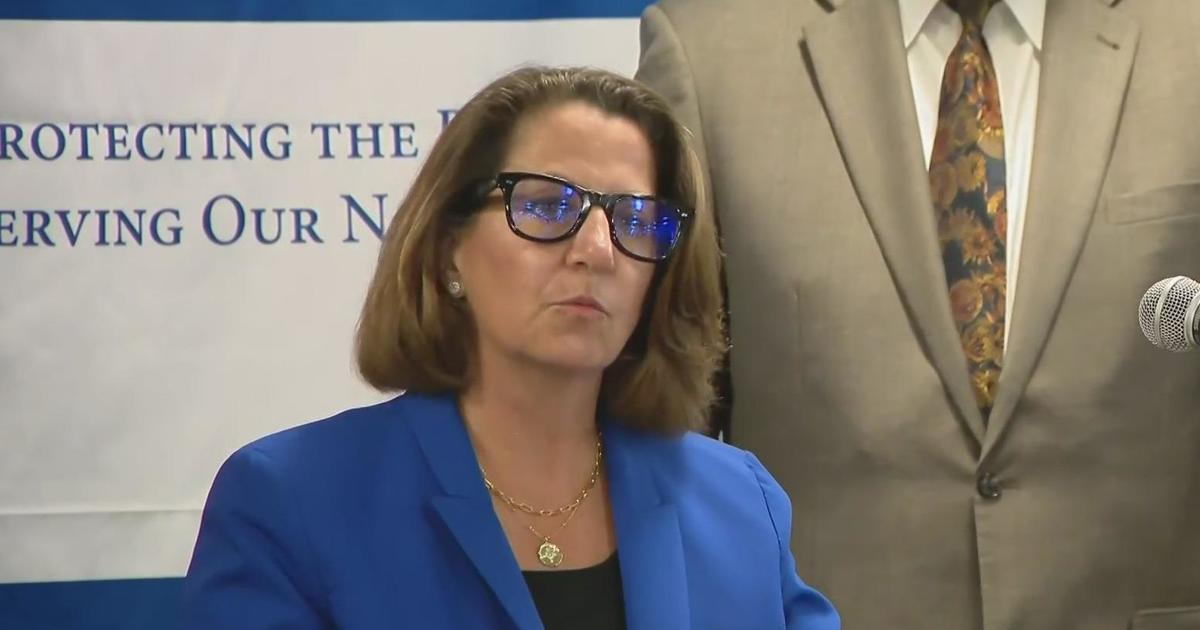Gene Flaws Common In Blacks With Breast Cancer
CHICAGO (CBS) -- African American women have higher rates of breast cancer at younger ages, and their survival rates are lower than white women. Now researchers might have an idea why.
A new study found one in 5 black women have at least one gene mutation that could put them at higher risk.
CBS 2's Mai Martinez talked to one of the study's authors.
At this year's American Society of Clinical Oncology meeting, the results of a Chicago-based study of African-American women and breast cancer are the talk of the convention.
One of the study's authors, Dr. Jane Churpek says their focus was genetic testing of 249 African American women with breast cancer.
"We found that 22 percent of women did carry mutations in some these breast cancer susceptibility genes," said Dr. Jane Churpek of the University of Chicago Medical Center. "BRCA1 and BRCA2 those are going to be the majority of mutations found."
But surprisingly, the mutations were often unique to each woman, something not seen in other tested populations.
When asked how she hopes the study will change things, Dr. Churpek said, "
I hope that they will raise awareness."
And while the focus of the study was African American women, its authors are grateful for the attention actress Angelina Jolie has brought to the importance of genetic testing.
This weekend Jolie made her first public appearance since disclosing she had a double mastectomy after learning she had the BRCA1 gene mutation.
"When you have a family history, like she did of a mom with ovarian cancer, that you should be thinking about these genetic risk factors because once we identify them, we can really focus on prevention," said Dr. Churpek.
"We have good testing. We have prevention strategies, but people haven't been utilizing it."
Doctor Churpek says prevention is key, so if you have a family history of breast cancer, genetic testing might help you better identify your risk level and plan accordingly. She also say larger studies are needed to confirm the results of this study.



